We hear it so often and use it ourselves many times… but do we know what it really implies? Saying or suggesting “my client”, claims ownership. Claiming ownership of a person is a rather controversial topic. ‘My wife’ or ‘my husband’ normally has legal contract specifying exclusive agreement (depending on culture and customs of course). ‘My dog’, ‘my chicken’ or ‘my horse’ refers to ownership of pets and that entails a life commitment of nurture. Indeed in business, clients are people you deal with in relation to your business functions. But are they ‘yours’? Or are they “customers”? What do these terms mean exactly and how do they apply in reality?
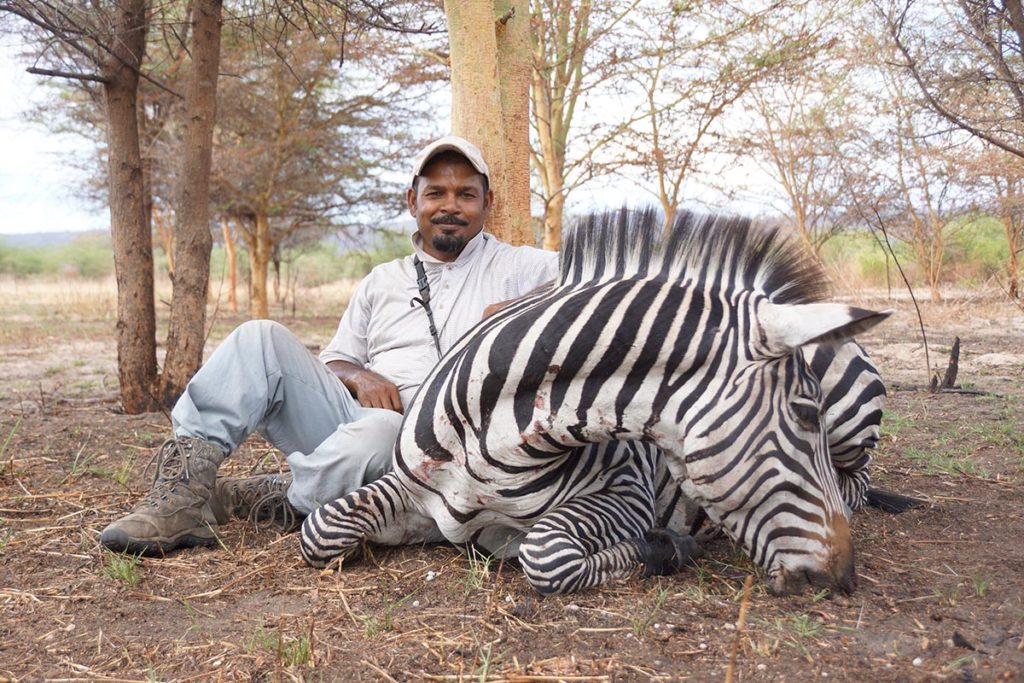
The person sitting next to the Zebra is 100% my client. Also 100% my PH on this occasion. I own them both.
At this point we can all appreciate the complexity of the matter and my point is to highlight the importance of “identity terminology”. This is not at all about political correctness or any effort to demean or enlighten scenarios. The root cause of this topic of expression is tied closely to various terms used to describe hunting. I hold the same principles on race, religion, politics etc.
I once wrote to SCI about the use of ‘Sport Hunting’ as an identity. Nothing wrong with the term, but I expressed, at the time, my impression of hunting not being a spectator activity nor mass entertainment. I believe I also mentioned the stakes being a lot higher for us operating on the frontlines of wildlife conservation and there being no large paychecks nor seasons for it. On the same token, I find nothing wrong with describing hunting as a ‘sporting activity’. To me, this means you win some and you lose some. All part of the game. Is it a game? Here we go again! Damn terminology. Sport, Big Game, Small Game, Achievement Rings, Grand Slams and all the rest… I suppose somewhere along the lines of history, we can reference colosseums and ‘events’ that led to connections between hunting and sporting. Regardless, I feel it’s misplaced.
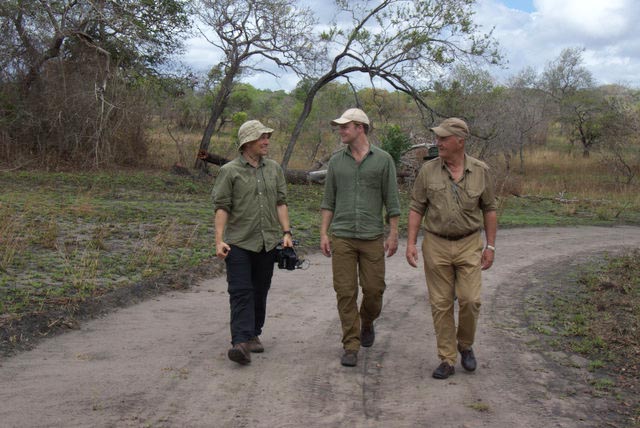
Identity terminology can be equally representative and misrepresentative.
Identity “anything” to me is a farce. So should we identify? Yes, absolutely. But to me, identity must follow guiding principles. I know there will be some readers already making arguments to discredit my position. So here is how I identify – I am human, male and African by nature. Can I further identify? Yes. Do I need to? Depends on circumstance. I proudly identity as a hunter, but see no reason to preach about it. I have a deep Christian faith and it’s personal. I am proud of my Jewish and Indian ancestry. So yes, we must identify, but with identity principles built on values, ethics and circumstantial consideration. General terms should apply generally, just like specific terms must apply specifically. Before any specific ‘type’ of hunter, we are “hunters”. If you want to identify as a ‘trophy hunter’, ‘meat hunter’, ‘sportsman’ or whatever it may be, do respect the founding functions of the broader identity of us being hunters and humans first…
“My client” is a normal reference to anyone you engage in business transactions with. My issue is when one person or entity places ‘ownership’ and possessive expectations over someone in a free-market environment. Yes, you guessed it. I know people who not only suggest, but attack others for dealing with someone they have dealt with. I’ve had supposedly ‘reputable’ people spread the worst possible false vitriol against others for attending ‘clients’ they have dealt with.
The practice is so common, I once went through a period where I deliberately avoided clients who have worked with peers. It was ‘clients’ who eventually convinced me otherwise. At this point in life, I couldn’t care less what anyone says about “their clients”. Choices remain with those who make them. When a client chooses their where, when, what, how and why… we must build relations based on relevant and appropriate factors. There are only two sides to a coin. This is where most people get it mixed up. Neither an agent, PH, client or agency is third party to agreements. These entities are no less or more important than the other. Core of the issue is who a client engages with and in what capacity. Any of the above can be a client and a provider. The hunter can contract an agent, PH, Agency or Outfitter. The same applies for all.
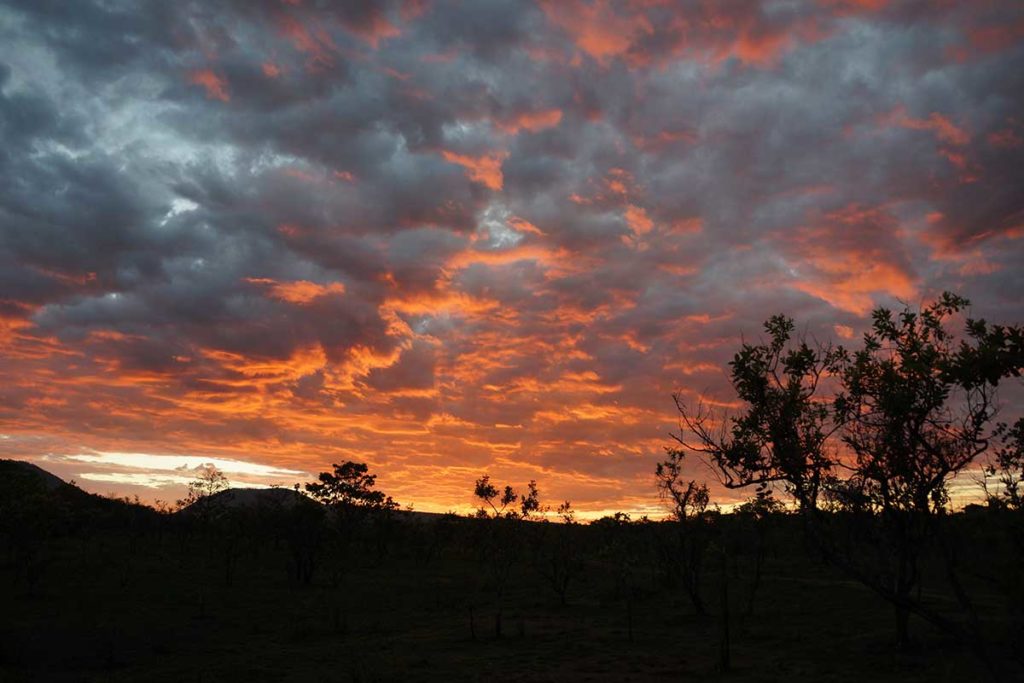
Seek natural and true colors. Wild nature offers the best.
With something as personal as a safari, there is no need for conglomerates. It shouldn’t matter if there are three separate agreements to one safari. The hunter can contract the Agent who in turn contracts the PH and he/she then contracts the Outfitter. That’s not the end of the line as the Outfitter then contracts the government authority. You can make it as complex or simple as you wish. When I started out, I knew none of my guests. All were strangers. We relied on agencies and personalities within these agencies. Some agencies run a great ship and build an amazing partnership with clients, PH’s and Outfits. Some are rather static. Others are crooked. The same applies to ALL. Every part of this chain can be good or bad. Yes, even paying clients.
Work directly and exclusively with the entity you are most comfortable with. If it’s a PH, then deal with him or her and let them deal with the other layers. Even if you know everyone in the chain, there is nothing wrong with contractually working with one, while others remain part of the deal through their respective direct dealings. What you are avoiding here is potential mess of dealing with third and fourth parties, while losing time, effort and resources. There are no saints in business and we have all been burned at some point, while also causing others distress and bad experience. What matters is responsibility, accountability and trying to make it right.
You know it just as well as I do – there are reputable entities out there who’ve really screwed it up a few times and some not so reputable ones who are adored by many. References are very important, but nothing beats direct dealings and personal experience. So unless you’re married to a client, they are not yours. For those who get upset about “their clients” hunting with other entities… do you ask permission from clients who refer to you as “My PH/My Agent/My Outfit” when you guide others? There is nothing wrong with the term and it can be used freely, ‘if’ you are not going to be a douchebag about it in terms of insecurity and possessiveness.
As far as I am concerned, my clients, guests, friends, hunters etc. can go anywhere they want. If they enjoyed their experience with me, they will return or recommend. Or not. It’s up to them. The best I can do, is stay true to me while serving and attending them to the best of my ability and sharing Africa and her diversity of experiences in their natural, pure and wild beauty.
I am a hunter. Brand me further and that’s merely a reflection of your perception, not mine… I have clients on arrival, occasionally. Most are guests, some become friends and a few develop into eternal kindred spirits. Myths are manmade. A safari is nature-made and man-embarked. Safari is about freedom, adventure and a connection to nature… It belongs to all who brave it.
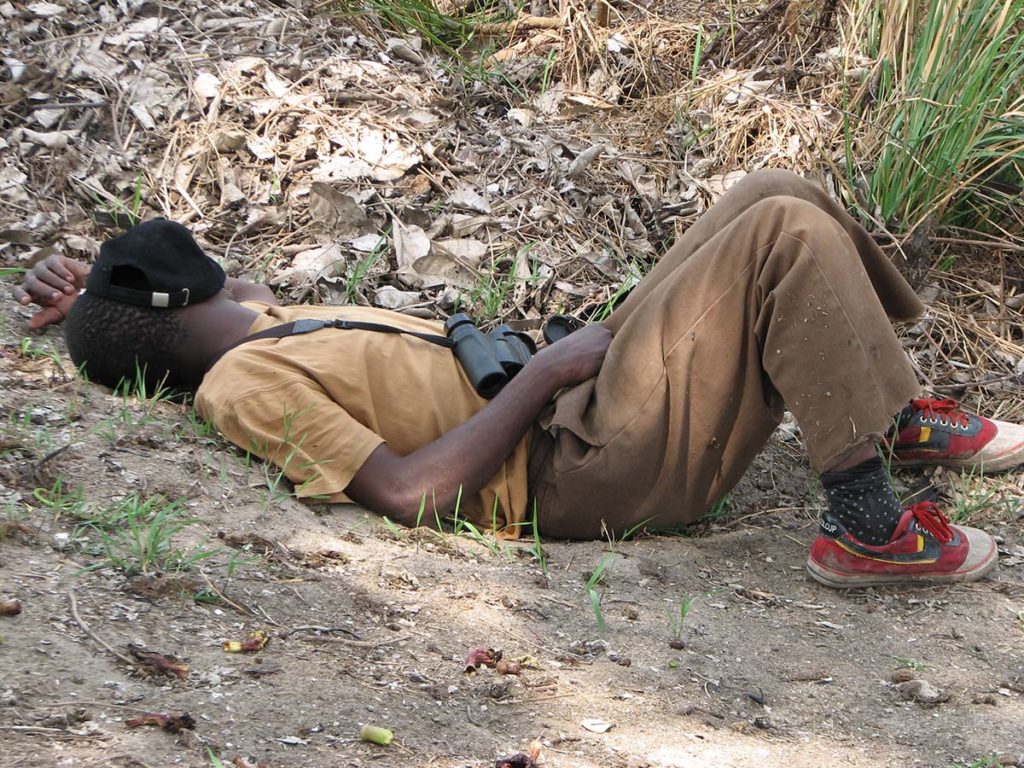
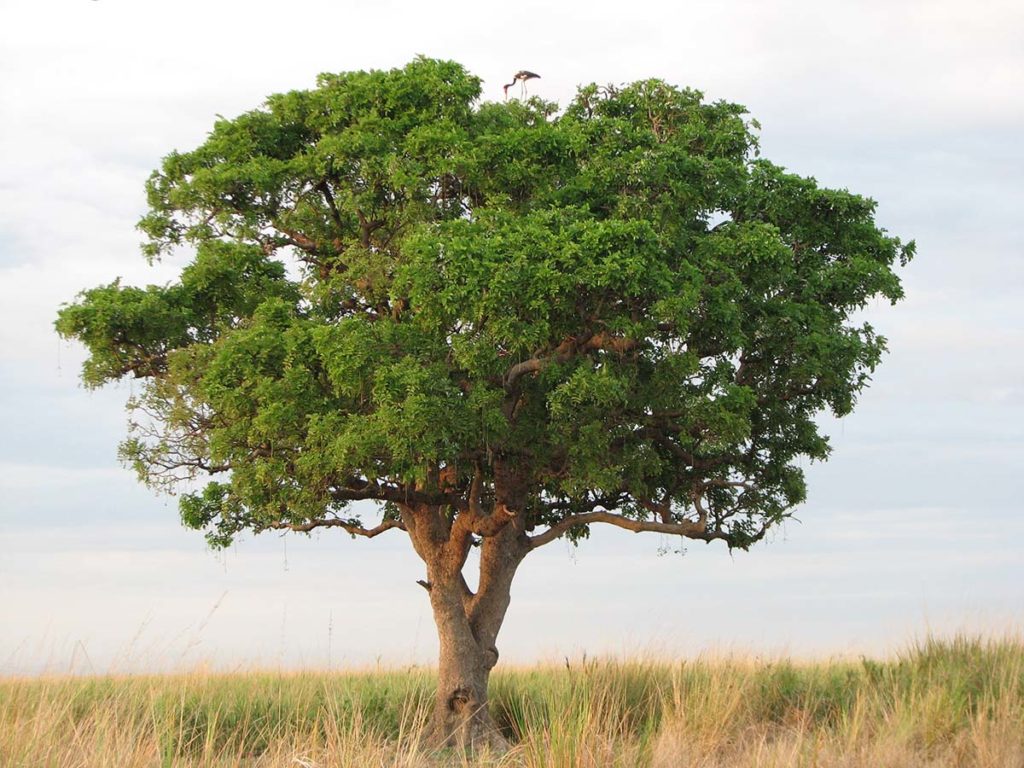
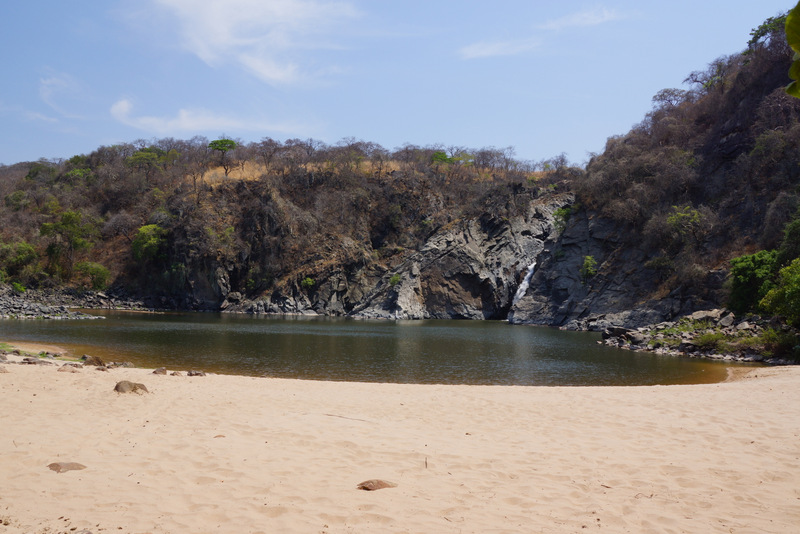
MY EXPERIENCES.